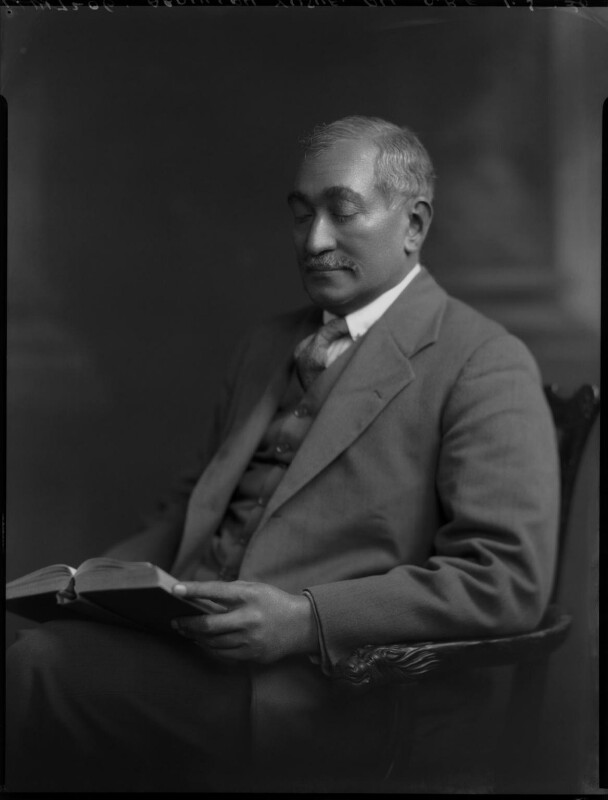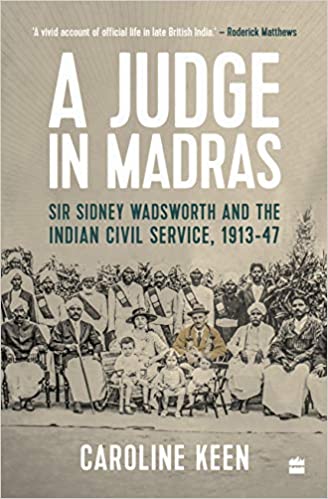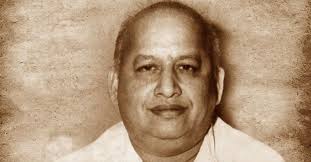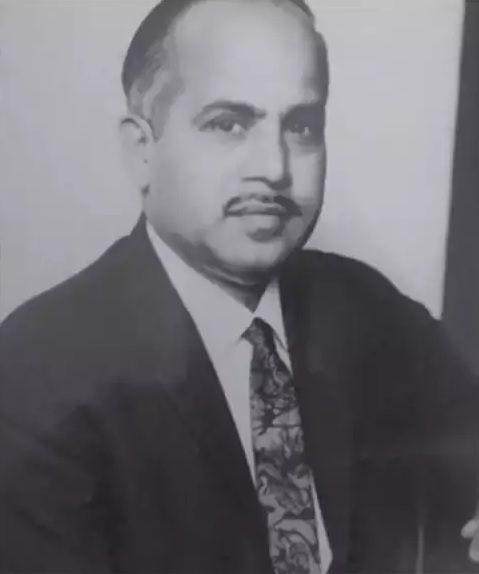
See below the answers to the Indian Politics Quiz 2024 that I posted almost a month ago. I had to delay posting the answers as the recent elections threatened to invalidate at least one of them. I also used the opportunity to check and recheck answers.
Those who have seen my earlier quizzes might know I cannot resist the temptation to elaborate on answers and even go tangentially into side stories. Therefore, some answers are long, as I may not post separate blogs. They also double as short book reviews as I cover recent or earlier books. One can skip them using the links below: Continue reading “Answers to Indian Politics Quiz 2024”
![]()








